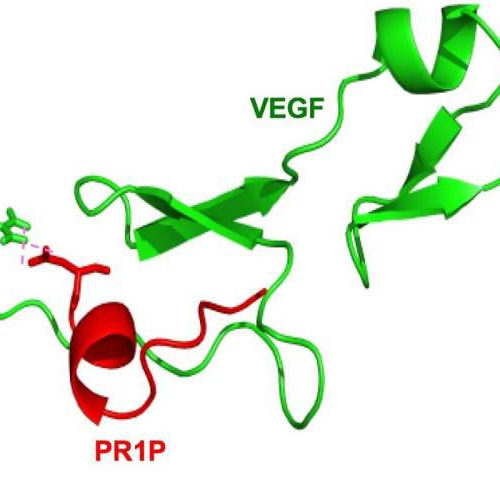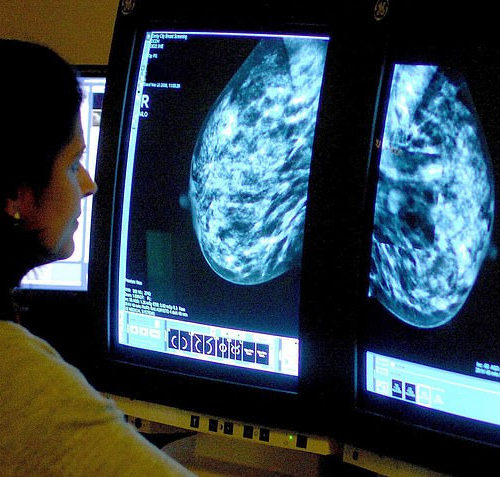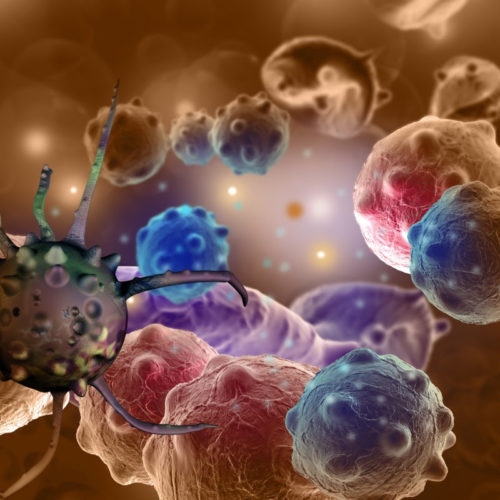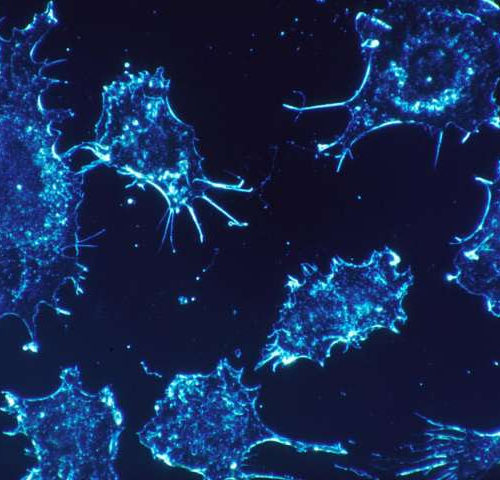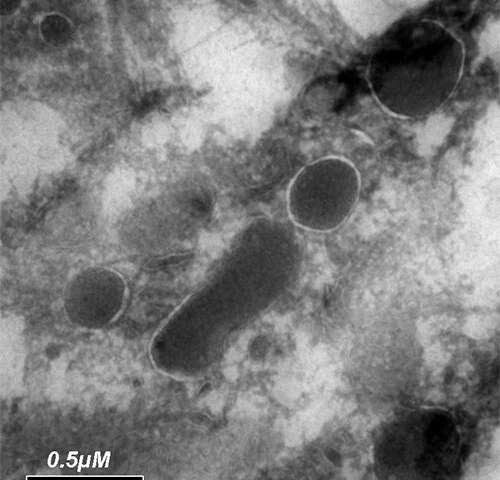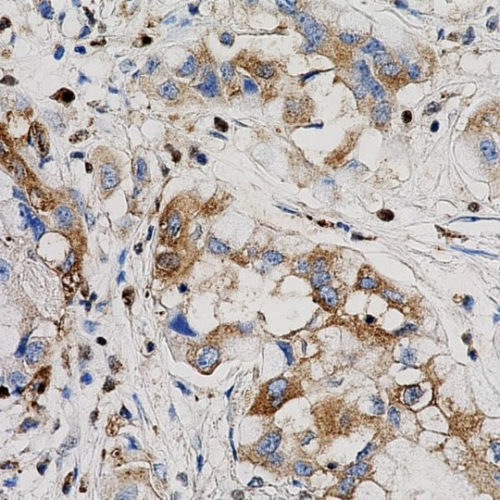by Children’s Hospital Boston Children’s Hospital tested PR1P in lung cells and mouse models of emphysema, they found that it protected VEGF from being degraded, prevented cell death, and protected the lung. Credit: Hao Wu, PhD, Boston Children’s Hospital Emphysema is a progressive, debilitating lung disease in which the lung’s breathing sacs, or alveoli, enlarge,...
Tag: <span>MELANOMA</span>
Species could hold a cure for melanoma, the most dangerous type of skin cancer
Could the cure for melanoma — the most dangerous type of skin cancer — be a compound derived from a marine invertebrate that lives at the bottom of the ocean? National Science Foundation-funded scientists led by Alison Murray of the Desert Research Institute in Reno, Nevada, think so. They’re looking to the microbiome of an...
Vitamin D may help prevent a common side effect of anti-cancer immunotherapy
New research indicates that taking vitamin D supplements may help prevent a potentially serious side effect of a revolutionary form of anti-cancer therapy. The findings are published early online in CANCER, a peer-reviewed journal of the American Cancer Society (ACS). Immune checkpoint inhibitors help the immune system recognize and combat cancer cells, and although these...
Cancer vaccine hope: Personalised treatment designed to boost the body’s natural ability to fight the disease shows ‘promising signs’ in clinical trials
By RYAN MORRISON FOR MAILONLINE Researchers take a biopsy of a cancerous tumour to look for certain proteins Each patient has a ‘different cancer’ and the treatment is specifically targeted It is given alongside chemotherapy drugs to boost the body’s immune response So far only eight per cent of patients saw their tumour reduce but...
Skin cancer: men are genetically more prone
As COVID-19 restrictions loosen this summer, Canadians will spend more time outdoors and make the most of the sunshine. A new study from McGill University suggests why men may be more genetically prone to develop skin cancer. The research led by Professor Ian Watson of McGill’s Goodman Cancer Research Centre (GCRC), published in the journal...
Skin cancer: men are genetically more prone
As COVID-19 restrictions loosen this summer, Canadians will spend more time outdoors and make the most of the sunshine. A new study from McGill University suggests why men may be more genetically prone to develop skin cancer. The research led by Professor Ian Watson of McGill’s Goodman Cancer Research Centre (GCRC), published in the journal...
Approved malaria drug joins the fight against deadly brain cancer
By Nick Lavars May 26, 2020 As the most aggressive type of brain cancer and one with a very poor survival rate, there is a desperate need for new and improved treatments for glioblastoma. Scientists at Virginia Commonwealth University may have uncovered a powerful new tool in this regard, in the form of an already...
Blocking tumor signals can hinder cancer’s spread
by University of Pennsylvania For most people who die of cancer, the spread of the initial tumor is to blame. “Metastasis is what kills most cancer patients,” says Serge Fuchs, a professor in Penn’s School of Veterinary Medicine. “Yet there are not many, if any, drugs that specifically target metastatic processes.” In a paper in...
Cells inside cells: the bacteria that live in cancer cells
by Weizmann Institute of Science Cancer cells are comfy havens for bacteria. That conclusion arises from a rigorous study of over 1,000 tumor samples of different human cancers. The study, headed by researchers at the Weizmann Institute of Science, found bacteria living inside the cells of all the cancer types—from brain to bone to breast...
Activating an Estrogen Receptor Can Stop Pancreatic Cancer Cells from Growing
Penn study shows GPER activation in mice can also make tumors more visible to immune system. Activating the G protein-coupled estrogen receptor (GPER) – a receptor found on the surface of many normal and cancer tissues – has been shown to stop pancreatic cancer from growing, but may also make tumors more visible to the...

